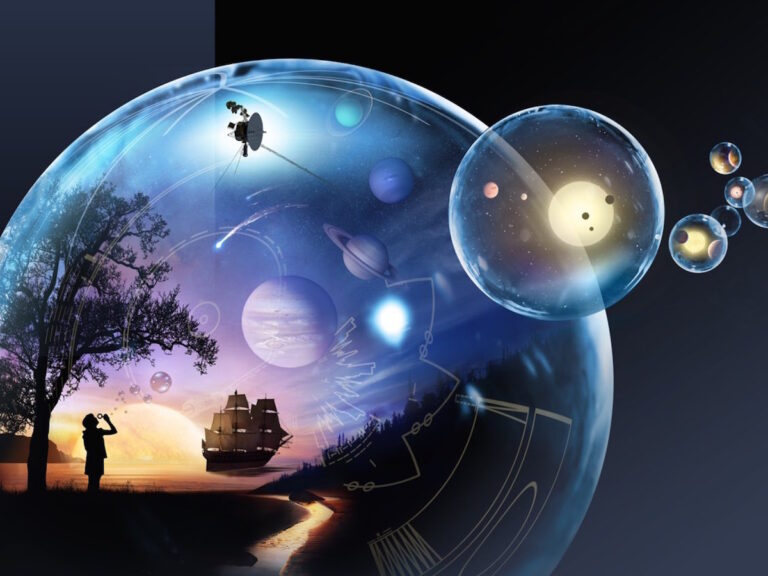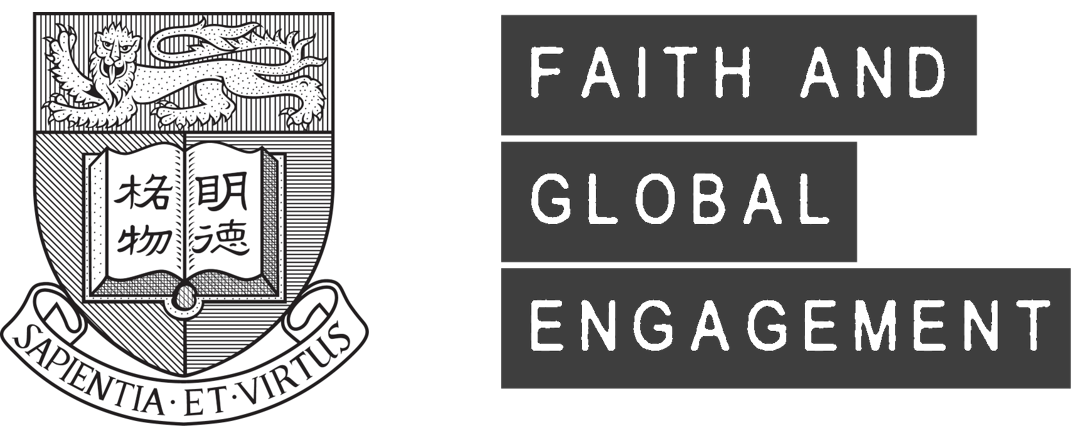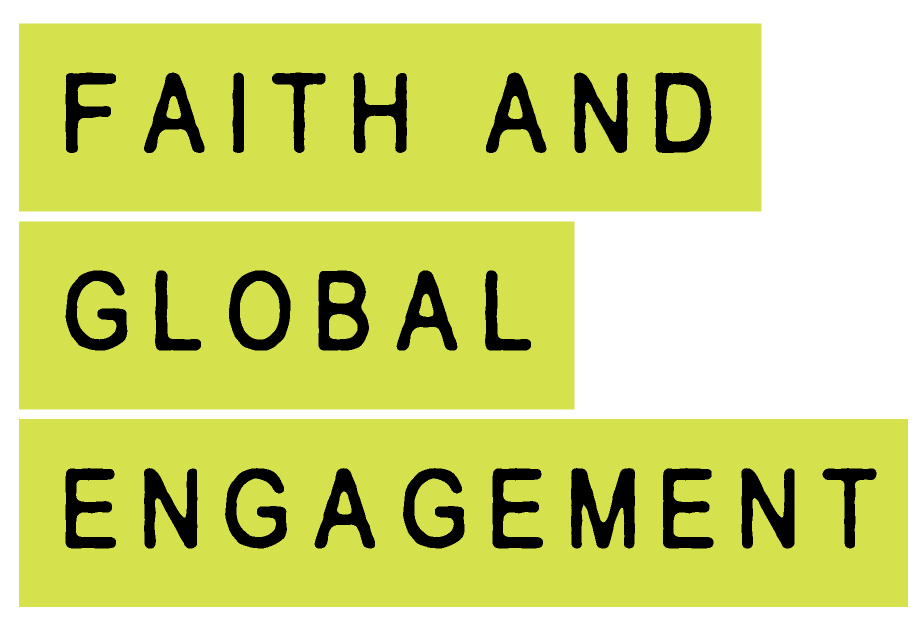
Similar Posts

What is Our Humanity?
To be human is to be in some way special. Most people would assent to this idea, and yet every aspect of its consideration raises more questions. Are we special because we are human, or are we human because we are special? Is the essence of our humanity founded in our bodies, our brains, our…

Religion and Politics: Power and Empowerment
Organisers: Centre for Comparative and Public Law, the Faith and Global Engagement initiative, and Bridging Gaps This interfaith dialogue will explore the relationship between spiritual ethos and power in a number of world religions – Buddhism, Christianity, Islam, and Judaism. In particular, the forum will address how religious engagement with political, legal and economic issues…

Is Justice Possible? – Distinguished Lecture
In the West, men and women have often believed that we can achieve true justice in our societies. Those in the East have been more pessimistic. Drawing on his new book, True Paradox, and on recent justice movements in Hong Kong and the U.S., Prof. David Skeel will explore Christianity’s radical challenge to both perspectives. David…

Science and Religion: New Perspectives on an Old Conflict
This lecture is part of McDonald Agape Foundation Distinguished Lecture Series. The conflict between science and religion seems indelible, even eternal. But this is not the case. Our very concepts of science and religion are relatively recent, emerging only in the past three hundred years. It is those very categories, rather than their underlying concepts, that constrain…

Exhibition: At The Still Point of The Turning World
Presenting Ray Chan’s ceramic works, Gabriel Leung’s mixed-media installations, and Stephen Wong’s series of paintings, “At the Still Point of the Turning World” is a depiction and materialisation of the artists’ personal means and journeys of searching for the “still point” – a constant ritual, respite, or an oblique resolution in the face of chaos, crisis, or uncertainties…

Radical Peace: Theologies and Practices of Reconciliation
We all think we know what is to be humane until we are challenged. Once we are pushed out of the comfort of our civilised armchairs, our behaviour can be one of hatred, division, violence and the demonisation of our enemies – it can happen in Mong Kok or Syria, on a university campus or…


